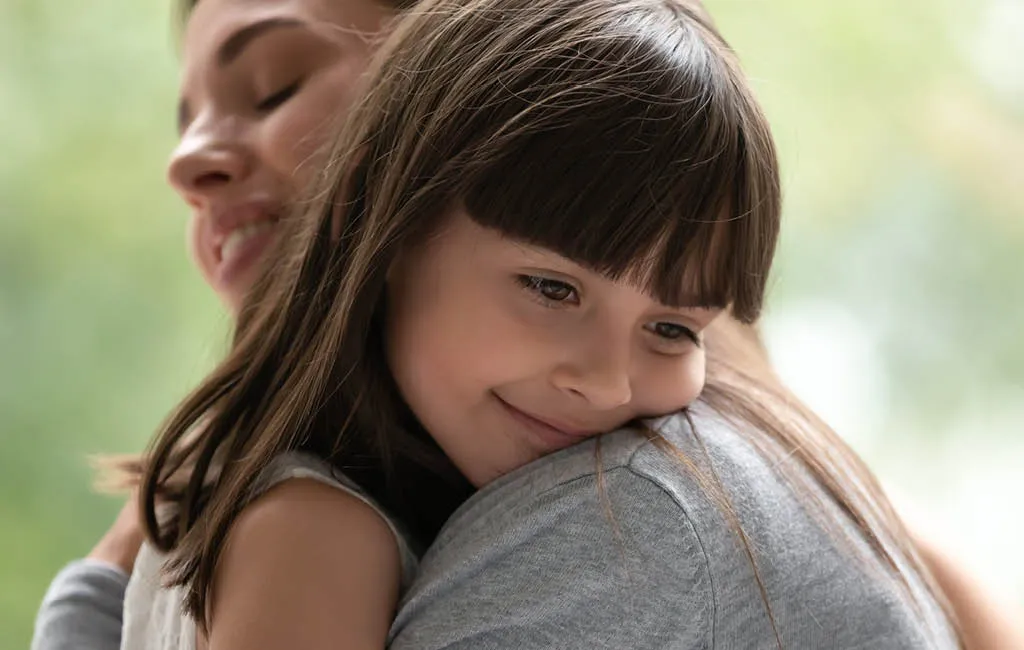Feelings are important for our children
Children show us their feelings every day: they laugh, cry, or are sometimes sad. As parents, it is our responsibility to provide them with love and security. This promotes their self-confidence and helps them face new challenges. Children mainly learn how to deal with emotions from adults. Parents are their most important role models. By showing emotions such as joy, sadness, anger, and disappointment in our daily lives and how we process these feelings positively, we give our children valuable life experiences on their way. Children observe how their parents deal with their own feelings and learn by imitation. When we adults behave in a friendly, helpful, understanding, and compassionate manner towards other people and animals, we show our children what empathy and kindness really mean. In this way, they grow up to be caring personalities who also stand up for their fellow human beings.



















